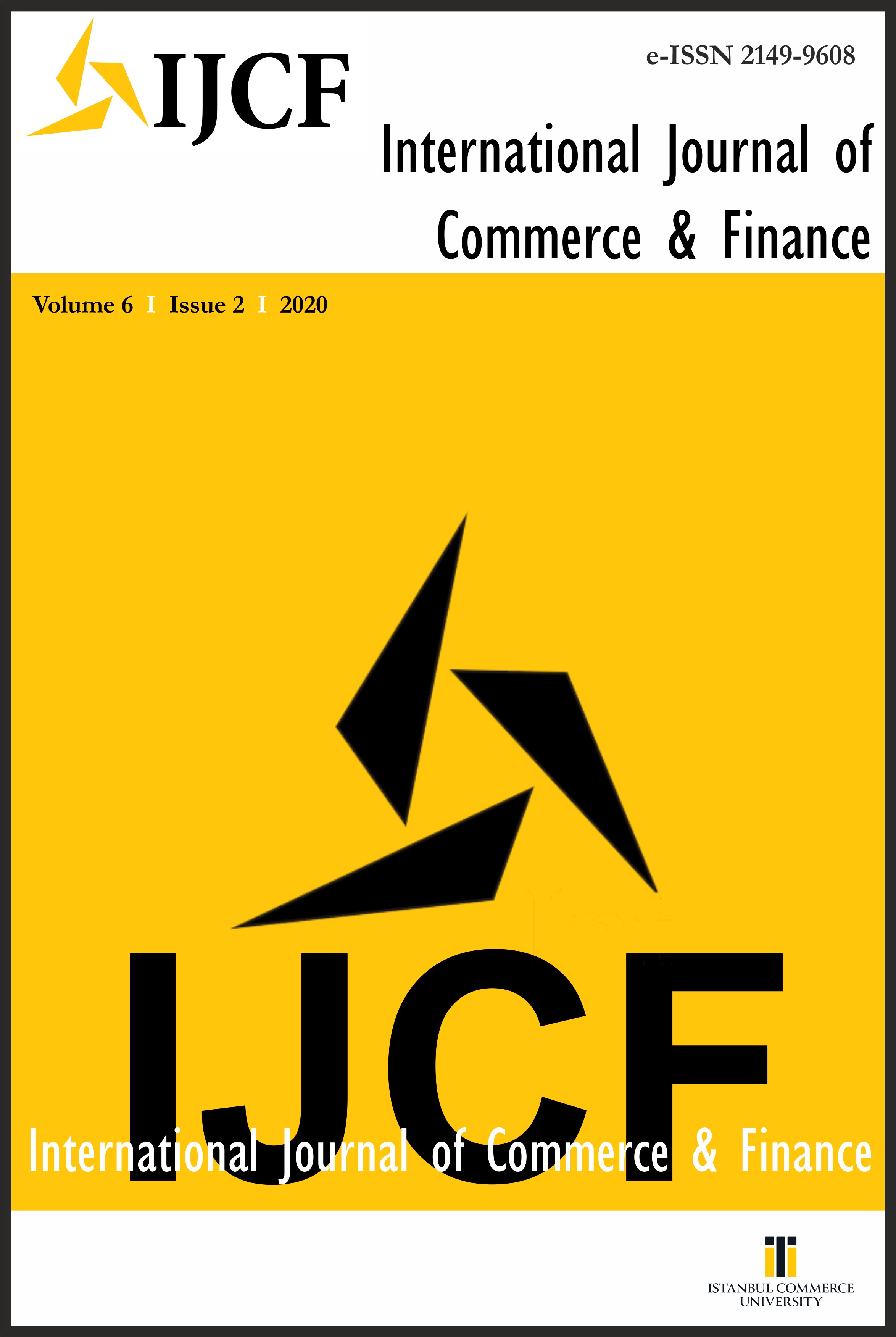Challenges and Prospects of Taxing Informal Economy at Jimma Zone, Oromia National Regional State, Ethiopia
Abstract
This study explored the challenges and prospects of taxing an informal economy in the developing country conducted with survey data in an ordered logistic regression model. The variables of the study like sizes of the informal economy, institutional quality, growth, presumption taxes, governance, and revenue have statistically significant and also they are related to the taxing of an informal economy withholding positive and negative signs. The sign directions of the variables show that the supporting of taxing of an informal economy and also the consequences impacted on informal economy tax practices and approaches. Taxing of an informal economy would be recommendable and mandatory for mobilizing the domestic revenues, for required tax compliances and improve the bargaining powers of society taxpayers; even though as constraints would be the limited revenue, high cost, and weakened governances and institutional quality. Availing of tax for an informal economy required to supports with technology and skilled human resources to improve the tax systems and to manage costs and meet the expected domestic revenue mobilizations for the expected amounts of government expenditure in each fiscal period.
Keywords
Full Text:
PDFIndexing and Abstracting Services










Other Sources and Services



License

International Journal of Commerce and Finance is licensed under a Creative Commons Attribution-NonCommercial-4.0 International (CC BY-NC 4.0) License.
Mailing Address
| International Journal of Commerce and Finance Örnektepe Mah. İmrahor Cad. No: 88/2, Beyoğlu 34445 / İSTANBUL, TURKEY E-mail : hersoy@ticaret.edu.tr |



